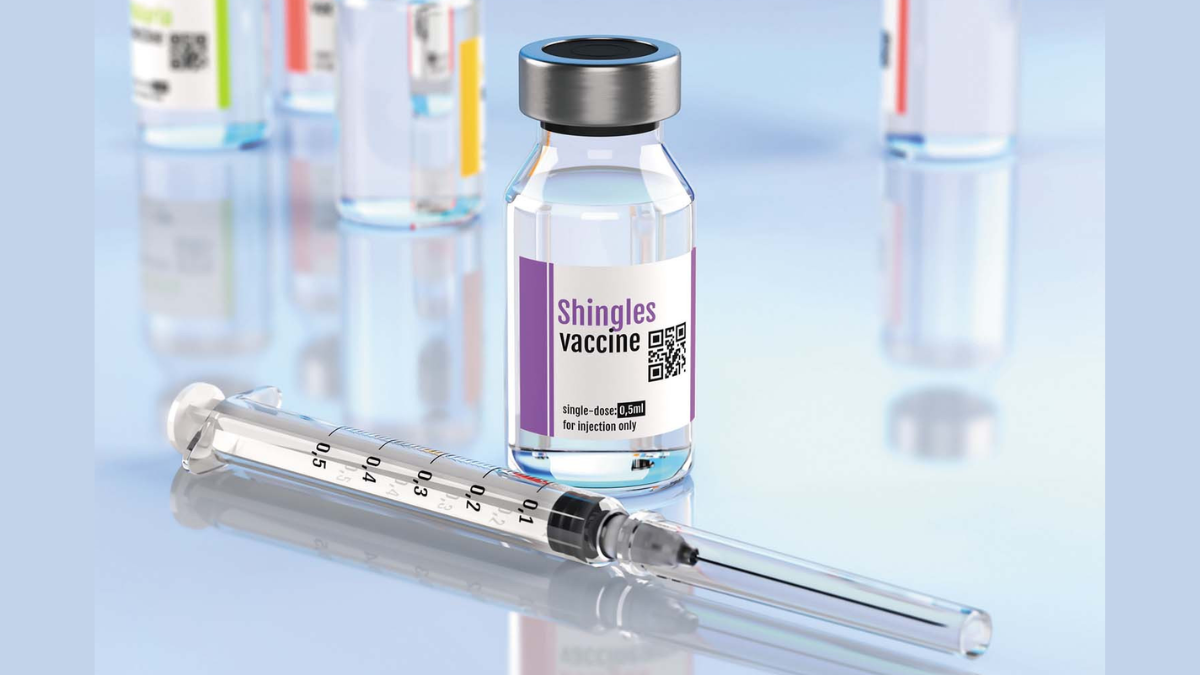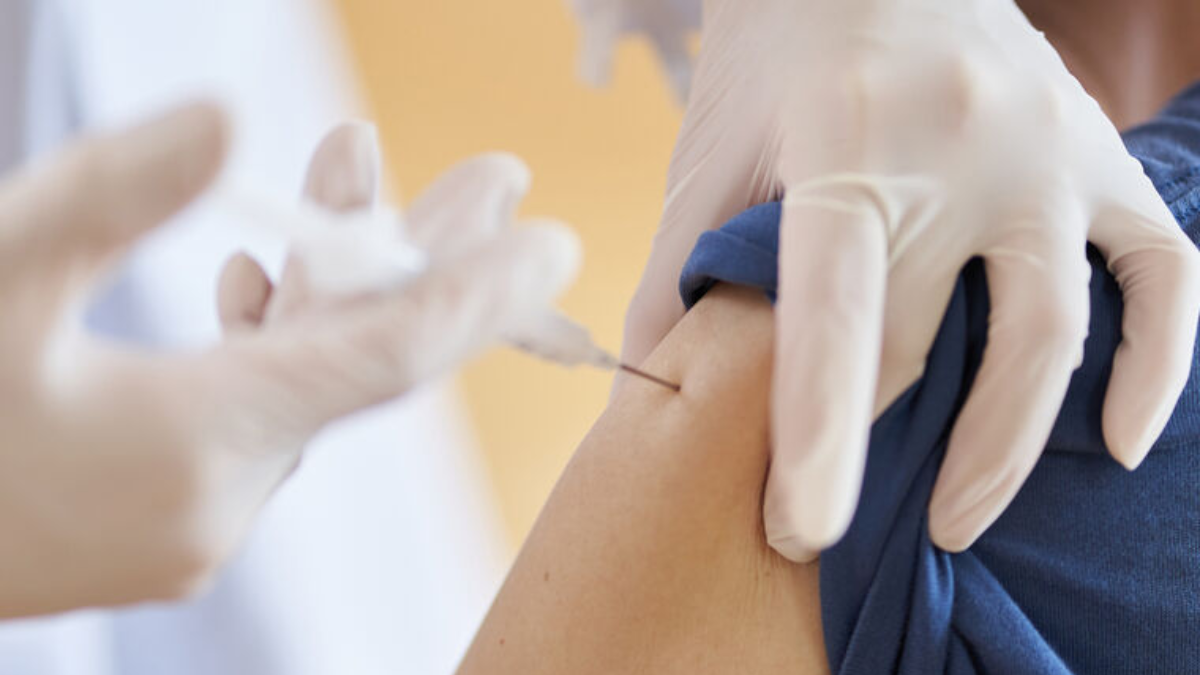
In a promising development for public health, a new large-scale study has found that the shingles vaccine may do more than just protect against a painful rash—it could also significantly reduce the risk of serious heart problems for up to eight years. This discovery points to an unexpected and important benefit of the zoster vaccine, especially for those over the age of 50.
Table of Content:-
What the Study Found
Researchers from the Kyung Hee University College of Medicine in Seoul, South Korea, examined health data from over 1.27 million individuals aged 50 and above. The analysis revealed that people who received the live zoster vaccine had a 23% lower risk of experiencing major cardiovascular events such as strokes, heart failure, and coronary artery disease compared to those who did not receive the vaccine. More specifically, the study noted:

- A 26% reduced risk of experiencing major cardiovascular events, including heart attack, stroke, or death due to heart disease.
- A 26% reduced risk of heart failure.
- A 22% lower risk of coronary heart disease.
These cardiovascular benefits were particularly notable among men, individuals younger than 60, and people leading less-than-ideal lifestyles that included smoking, alcohol use, or physical inactivity.

The Link Between Shingles and Heart Disease
Shingles, caused by the reactivation of the varicella-zoster virus (the same virus responsible for chickenpox), typically presents as a painful skin rash but is more than just a dermatological concern. Increasing evidence shows that the virus can trigger inflammation in the body that affects blood vessels, potentially leading to heart disease and other vascular complications.
Also Read: Indian-Origin Scientist Creates Breakthrough Probiotic Cocktail To Help Prevent Dementia
Professor Dong Keon Yon, the lead author of the study, explained, “Shingles infection can damage blood vessels, promote inflammation, and lead to the formation of clots — all of which contribute to cardiovascular disease. Vaccination appears to mitigate these risks by preventing the infection or reducing its severity.”
Protection That Lasts
One of the most striking aspects of the study is the longevity of the vaccine’s protective effects, which were shown to last up to eight years. This long-term benefit is crucial, as it suggests that a single vaccination could offer years of dual protection against both shingles and heart-related complications.
Also Read: HIV Rates Climb Among Older Adults, But Prevention Still Targets The Young, Study Finds
Interestingly, younger individuals appeared to benefit more strongly from the vaccine in terms of cardiovascular protection. This may be due to a more robust immune response in younger populations, which allows the vaccine to work more effectively. Similarly, men seemed to show greater protection than women, although researchers suggest further investigation is needed to understand the underlying reasons.

More Than Just a Shingles Shield
Professor Yon emphasised that the vaccine's benefits may extend beyond its original purpose. “Our study suggests that the shingles vaccine may help lower the risk of heart disease, even in people without known risk factors,” he said. “This means that vaccination could offer health benefits beyond preventing shingles.”
Given that approximately 30% of people may develop shingles in their lifetime if not vaccinated, and considering its connection to cardiovascular problems, the findings underscore the importance of routine vaccination, particularly for adults over 50.
Bottomline
This new research adds to the growing body of evidence that vaccines can offer broader health benefits than previously understood. With cardiovascular diseases being a leading cause of death globally, a simple step like receiving the shingles vaccine could have far-reaching effects on public health. As researchers continue to explore these connections, one thing is clear: preventive healthcare, including vaccinations, remains a powerful tool in the fight against chronic diseases.
Also watch this video
How we keep this article up to date:
We work with experts and keep a close eye on the latest in health and wellness. Whenever there is a new research or helpful information, we update our articles with accurate and useful advice.
Current Version